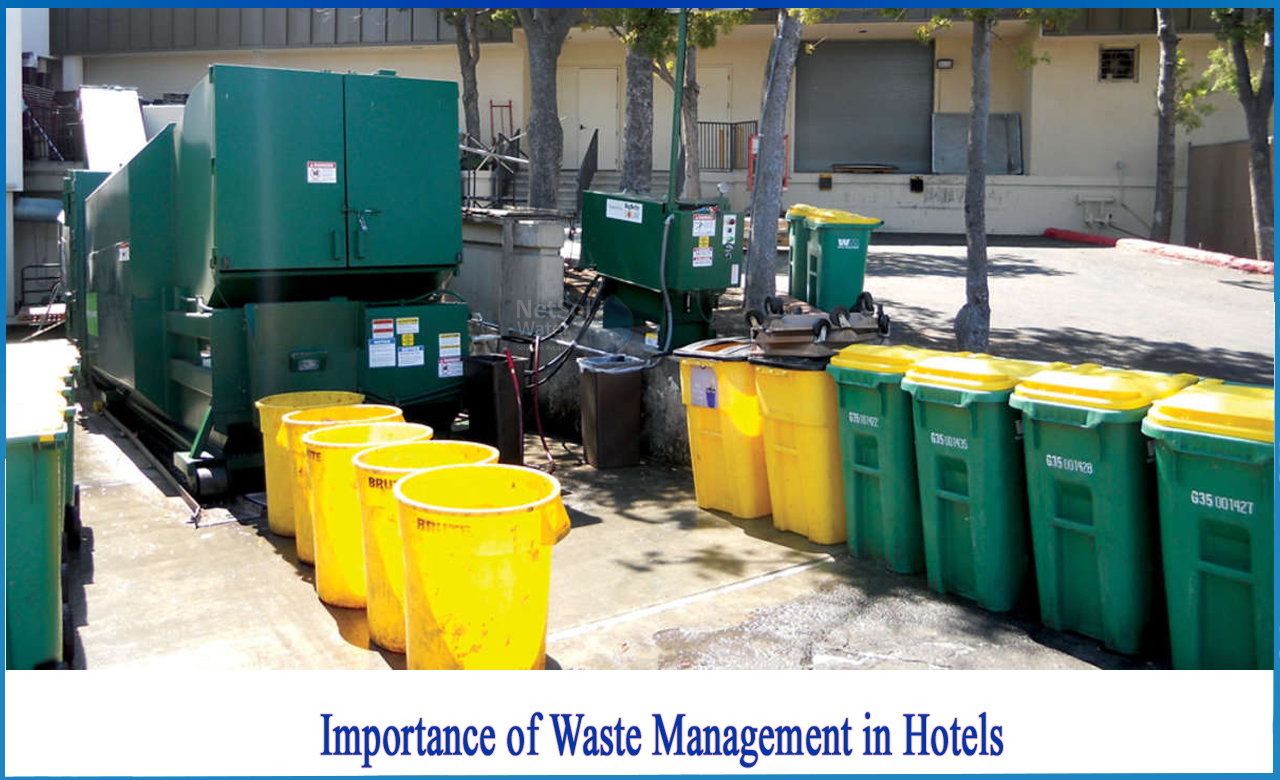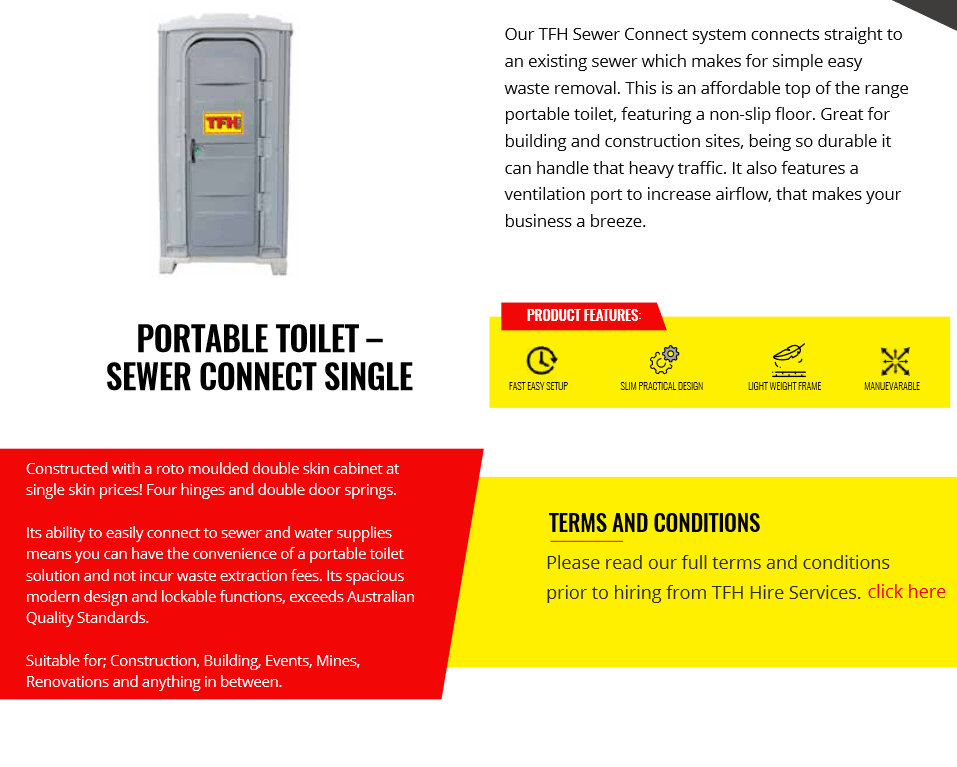The Ultimate Guide To Reclaim Waste
The Ultimate Guide To Reclaim Waste
Blog Article
Reclaim Waste Can Be Fun For Anyone
Table of ContentsHow Reclaim Waste can Save You Time, Stress, and Money.The Ultimate Guide To Reclaim WasteWhat Does Reclaim Waste Mean?6 Simple Techniques For Reclaim WasteExcitement About Reclaim Waste
Explore the kinds, incidents, and forms of liquid waste. Residential sewer waste refers to the waste and products from a domestic septic system. This kind of waste is created by people in residences, institutions, and various other buildings. This only includes septic systems that have a drainpipe field. The correct administration and disposal of domestic sewage waste need liquid waste to be moved to a sewage treatment plant where the proper approaches and equipment are used to detoxify and get rid of waste.
Industrial waste commonly consists of possible hazards, such as combustible products or a mix of fluid and strong waste products, and calls for an advanced and detailed disposal procedure. The disposal of business waste generally entails the filtering of waste before transport to guarantee safe and appropriate disposal. Hazardous waste is created from results and overflow of commercial processes and production.
This type of waste can not use the very same sewer management transportation or procedures as septic or commercial fluids. The industrial waste monitoring process requires the evaluation and testing of liquid waste before it goes through the disposal procedure (liquid waste removal). Overflow waste is the liquid waste that comes from drainage and excess stormwater in extremely booming areas or cities
Runoff waste can create contamination and flooding otherwise dealt with appropriately. Discover more concerning sewage system cleaning and waste monitoring. Making sure proper waste monitoring can stop catastrophes and lower ecological injury. Both people in property setups and professionals in business or manufacturing sectors can benefit from understanding the procedures and guidelines of liquid waste management.
Reclaim Waste - Truths
Contact PROS Services today to learn more about our waste monitoring and disposal services and the proper methods to take care of the fluid waste you produce.
(https://allmyfaves.com/reclaimwaste1?tab=Reclaim%20Waste)This so-called 'wastewater' is not only a vital source but, after treatment, will certainly be released to our land, rivers or the ocean. Utilized water from commodes, showers, baths, cooking area sinks, washings and industrial processes is understood as wastewater.

water utilized to cool down machinery or tidy plant and tools). Stormwater, a kind of wastewater, is overflow that flows from agricultural and urban locations such as roofings, parks, yards, roads, paths and rain gutters right into stormwater drains pipes, after rainfall. Stormwater streams without treatment straight to regional creeks or rivers, at some point getting to the ocean.
See This Report about Reclaim Waste
In Queensland, the majority of wastewater is treated at sewer treatment plants. Wastewater is delivered from domestic or industrial sites through a system of drains and pump terminals, understood as sewage reticulation, to a sewage treatment plant.
The Division of Natural Resources advises neighborhood federal governments about handling, operating and keeping sewage systems and treatment plants. In unsewered areas, neighborhood governments might call for homeowners to mount specific or household sewage treatment systems to deal with domestic wastewater from toilets, kitchens, restrooms and washings. The Department of Natural Resources authorizes making use of household systems when they are proven to be effective.
In some new communities, treatment of some stormwater to eliminate litter, sand and crushed rock has actually started making use of gross contaminant catches. Wastewater treatment happens in four phases: Eliminates strong matter.
Wastewater then flows right into big containers where solids settle and are gotten rid of as sludge. Grease and scum are skimmed from the surface area. Uses small living microorganisms knows as micro-organisms to break down and get rid of continuing to be liquified wastes and great particles. Micro-organisms and wastes are integrated in the sludge. Eliminates nitrogen and phosphorus nutrients that could trigger algal flowers in our waterways and endanger marine life.
Not known Details About Reclaim Waste
Nutrient removal is not readily available at all sewer therapy plants since it needs costly specialised equipment. Clear liquid effluent produced after treatment might still contain disease-causing micro-organisms - liquid waste disposal.

This typically suggests wastewater needs to be treated or contaminants removed prior to it can be released to waterways. A lot of wastewater streams into the sewerage system. Under the Act, city governments provide approvals and permits for ecologically appropriate tasks (Periods) including wastewater releases that could have a local influence. The department administers approvals and licences to Periods entailing wastewater launches that could have a regional or statewide effect.
Reclaim Waste Can Be Fun For Everyone
Tracking offers valid details concerning water quality and can confirm that licence problems are being fulfilled. The details acquired via surveillance gives the basis for making water high quality choices.
Report this page